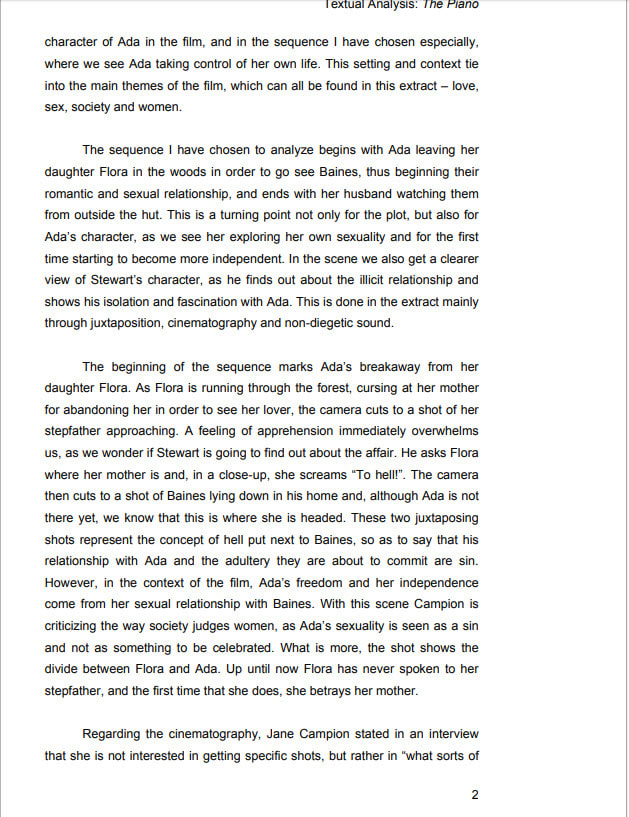

Basically, textual criticism is comparing the differences (called variants) in the copies of a document to which we no longer have access and then using these copies to reconstruct what the original document said. The estimate of 200,000 textual variants is way too low. The number of manuscripts (5300) is way to low. Evaluating a number of new discoveries of manuscripts, new and quality discoveries would continue to surface and would help expand the critical apparatus of the Greek New Testament. comparison of a particular text with related materials in order to establish authenticity Advertizing definition (more) definition of Wikipedia analogical dictionary piece of writing, writing, written material Hyper. Textual criticism is the attempt to ascertain or arrive at the original wording of a text. Textual criticism is the attempt to ascertain or arrive at the original wording of a text. If the primary goal of NT textual criticism is to recover the wording of the autographs (i.e., the texts as they left the apostles’ hands), then any deviation from that wording is, by definition, an error 2. Using historical-critical method, this paper argues that the alternative eclectic "original text" of the New Testament (NA 28 or UBSGNT 5) is attempting to paint a different and a misleading picture of the "original text" from the New Testament's autographs of the first century and that the twenty-first century should not overstretch the search for the "original text" since originality depends on existing and quality evidences.

With the long silence in discovering or recovering the "original text" of the New Testament, it appears textual criticism as a discipline has failed and it remains a mirage in its inability to achieve the fascinating aim of the discipline, particularly the search for the original words of the New Testament.


 0 kommentar(er)
0 kommentar(er)
